In the time after U.S. voters chose a new president last November, what will happen to the U.S. auto industry has been the subject of conjecture with some going on instinct and others, like the Dave Cantin Group and Kaiser Associates, taking a more data-oriented approach. EVs grow, Korean makers gain, truck sales flatten are just some of what they suggest will happen this year.
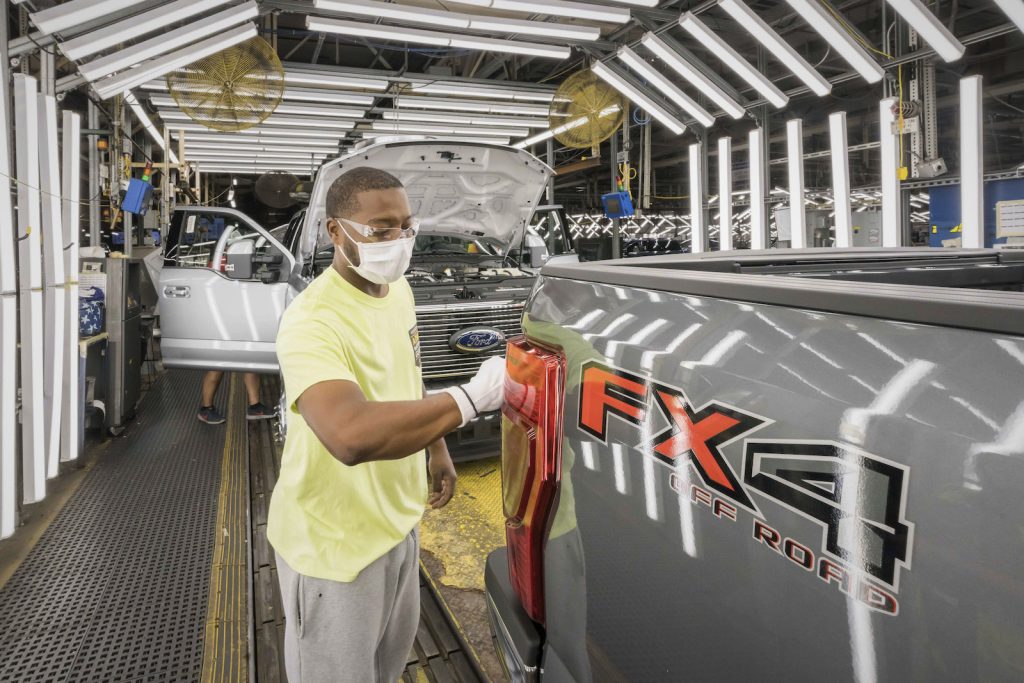
Americans are all trucked up, according to a new study, which believes truck and SUV sales are going to flatten in 2025 as buyers look for affordable vehicles.
The Dave Cantin Group Market Outlook Report was released at the 2025 National Automobile Dealers Association annual conference in New Orleans, with dealers hoping to leverage the information into improved results.
Some of the forecast notes existing trends in the industry will continue in 2025 while others suggest the industry’s moving in a new direction. data from a variety of current sources, including unique research and modeling, as well as surveys and interviews conducted among U.S. consumers, dealership executives, OEMs, supply chain players and industry analysts, the group noted.
“Last year, the industry found its new normal, post Covid,” said Dave Cantin, president and CEO of Dave Cantin Group.
“That’s all out the window as we start 2025, because of U.S. and global uncertainty around politics and regulation. Our report identifies and explores the key trends and issues dealers need to understand as they make strategic business decisions in an uncertain environment.”
Big trends
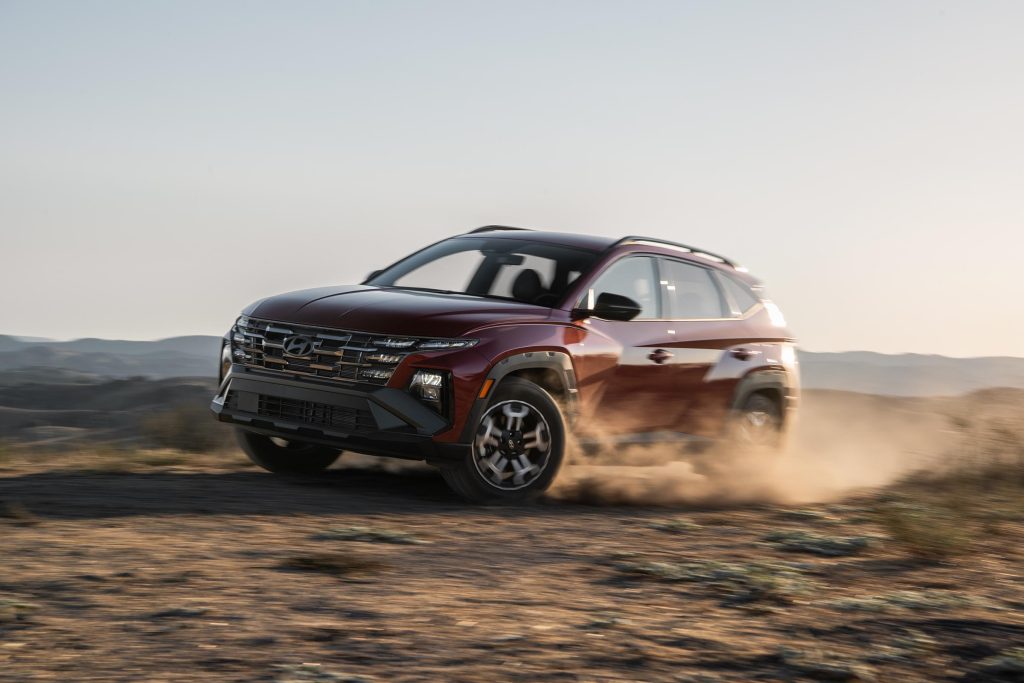
Hyundai enjoyed its best year ever in 2024, confirming that well made, affordable vehicles built outside the U.S. will sell well.
The new report offers nearly a dozen possible factors that dealers — and consumers — need to be aware of this year, but three stand out, starting with Cantin’s contention that the country is at “peak truck.” Truck sales aren’t going to slow because of the potential impact of tariffs from the newly arrived Trump administration.
The report says it’s a consumer-driven trend, rooted in the fact that trucks — and SUVs — are pricey vehicles now. With rising prices and high interest rates, consumers are looking for affordable vehicles and finding them in the small and midsize sedan segment. Some automakers left the segment a few years ago and are likely to struggle a bit.
The Koreans are here
One group that did not are the South Korean automakers, such as Hyundai and Kia and their luxury cousin, Genesis. They offer a complete lineup of sedans at a variety of price points as well as performance and appearance levels.
They’ve been repeatedly setting new sales records for the past 18 months, and the Cantin group expects that to continue this year.
“Consumer preference for Korean brands is outpacing all others; they have achieved the perfect balance of product design, technology, pricing, and reliability leading to increased market share and positive consumer sentiment. The improvements and affordability have found a sweet spot with consumers,” the report noted.
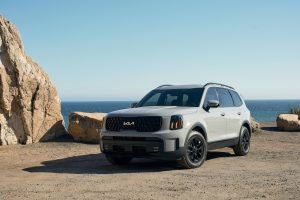
Kia made inroads with buyers with its flagship SUV, the Telluride, which made its debut for the 2020 model year.
One segment where they are outperforming their competitors is electric vehicle sales. Each automaker introduced several new EVs in different categories, with nearly all of them performing well.
More EV Stories
- Biden Announces Sweeping Tariffs on Chinese Goods Including Electric Vehicles
- EV Skeptic Akio Toyoda Sees Electric Vehicle Market Share Peaking at 30%
- Chevrolet’s New Equinox EV May be the Affordable Electric Vehicle the Market Needs
Mainstream movers
The success that Hyundai and Kia enjoyed with EVs was shared by several other automakers in 2024. They were joined in booming says by hybrid electrics, which saw a bigger sales jump than pure battery-electric models.
The Cantin Group report says sales will continue to rise in 2025 — they jumped to nearly 8% of the market in 2024. Others, such as Cox Automotive, predict they’ll move into the 10% range in 2025. The market report points to the fact that dealers seemingly embraced those vehicles, putting in the effort to understand how to market, operate and repair them being a critical component of the strong sales results.

Private companies are building EV charging stations as quickly as they can, but it’s not an inexpensive proposition.
“This growth is supported by maturing infrastructure, decreasing battery costs and new battery chemistries, potentially leading to the launch of lower-cost EVs in the coming years. It has also driven surprisingly strong fixed operations for dealers,” the report said.
The more you know
In addition to those trends continuing, the report revealed a few other predictions, including:
- Technology will Drive Top- and Bottom-Line Growth: Technology and innovation are driving a lot of what is bringing buyers to showrooms. Now, it’s going to start adding to the bottom line.
- Consumer Sentiment is Ruling the Market Until the Political and Regulatory Environment Becomes Clear: There’s a lot to like about the automotive industry right now, but until there is clarity about government policy on things like tariffs, trade and workers, everyone’s holding their breath.
- Global Nationalistic Competition Intensifies: International competition is intensifying, with foreign governments providing substantial support to their automotive industries, notably China, South Korea, Japan and Germany. How will American automakers respond as some politicians remain critical of American companies.
Dave Cantin Group, a leading advisor to retail automotive groups and their owners, publishes MOR, in partnership with Kaiser Associates, twice annually: at the start of NADA and again during Q2 earnings season in July.

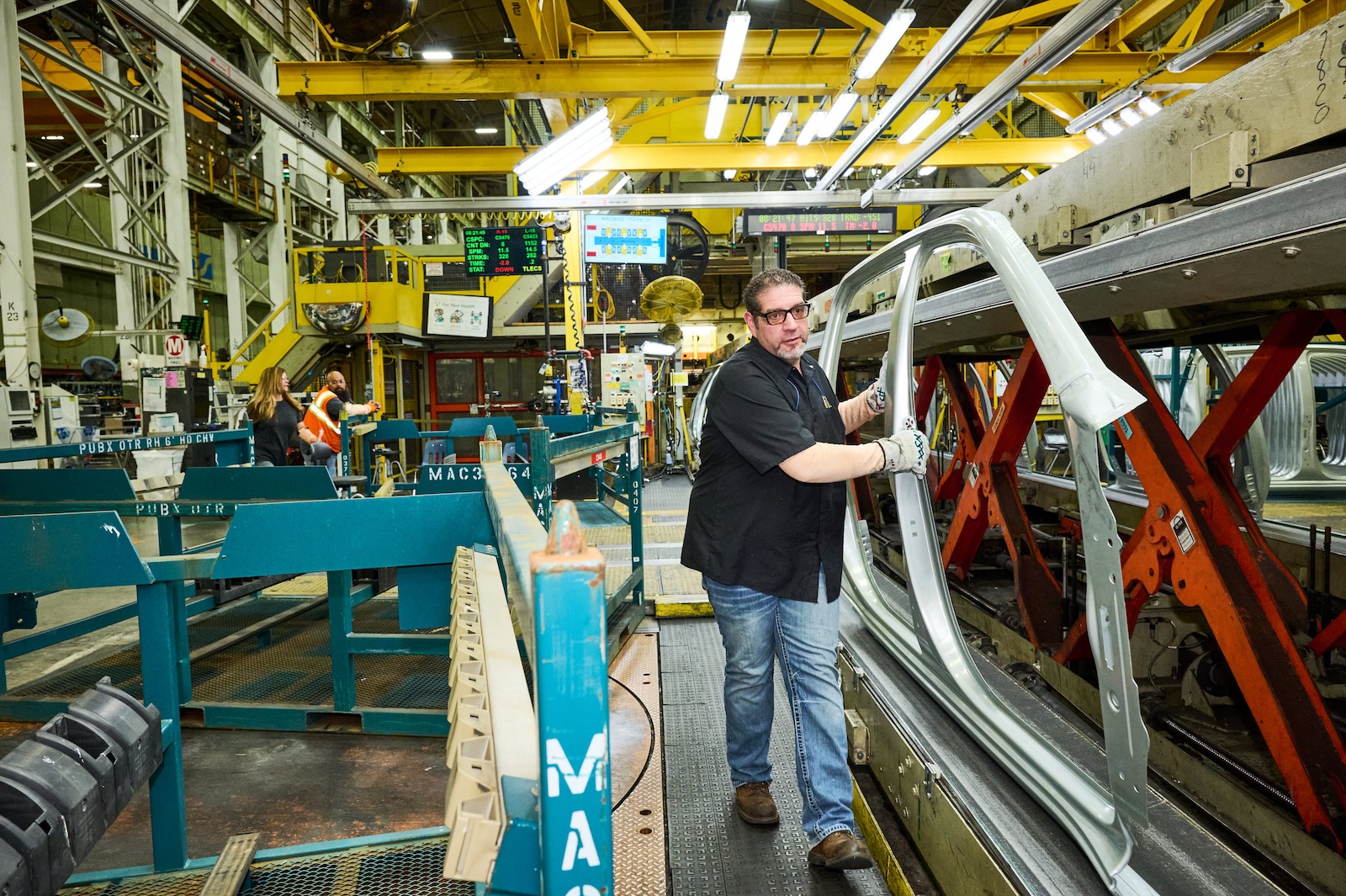


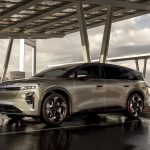

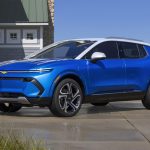
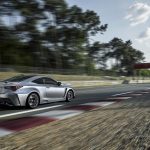
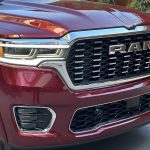
You’re confusing limping with growth.
LMFAO. How many other segments grew 9% in 2024? (And I’m not even referencing the 32% jump in Q4.) That was almost 4X the overall market growth and means EVs now account for about one in 11 U.S. sales. With conventional and PHEVs that jumps to one in five. Hardly limping, even if it isn’t triple-digit growth.
Your political opinions shouldn’t be confused with hard facts, Jim.
Paul E.